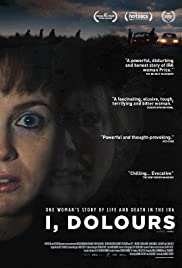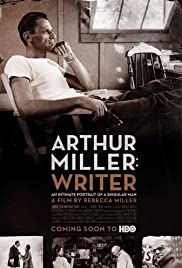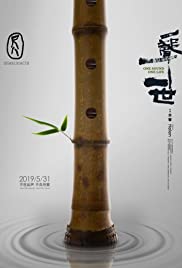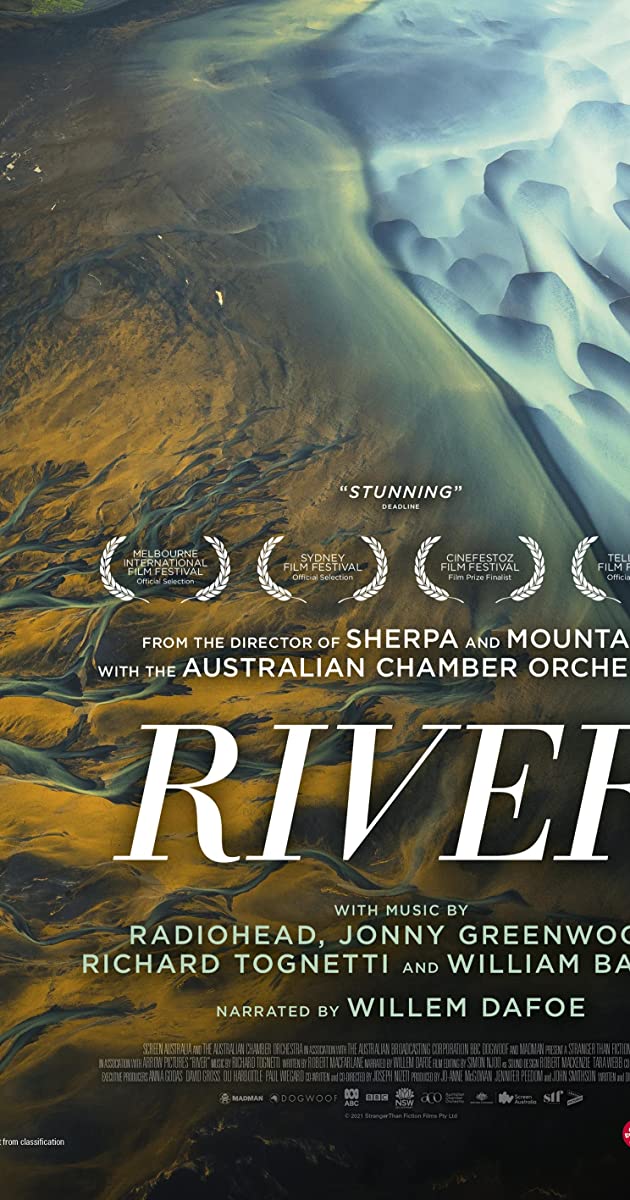
Talib Shah Hossaini, a 37-year-old Afghan filmmaker and asylum-seeker, lives in Moria on the Greek island of Lesbos – the biggest refugee camp in Europe until it burnt to the ground in autumn 2020. One year into his life in the camp, Talib Shah finds himself on the verge of losing hope. Instead of giving up, however, he decides to shoot a film called Picnic − an insider’s look at the lives of thousands of refugees stuck in a place sometimes described as a humanitarian disaster. Exploring topics such as dreams versus reality, art as a means of survival, or the current immigration policies in Europe, the film invites us to become better acquainted with the people who will soon be our neighbours.
You May Also Like

James Wong designed a Malaysian garden in Chelsea Flower Show. James traveled back to Malaysia for inspiration and ideas.

After discovering a strange statue in the Catskill Mountains, two hikers become the target of chilling paranormal phenomena. As the activity escalates, occult museum curators Greg and Dana Newkirk are called to uncover the startling truth behind the haunted artifact before it’s too late

Dolours Price, the infamous IRA radical convicted of bombing England’s Old Bailey in 1973, granted a series of revealing interviews in 2010 on the strict condition of their posthumous release. The interviews, brought to life through vividly cinematic reenactments, uncover the birth of her fierce commitment to Irish Republicanism. Price revisits the bombing and the 200-day hunger strike that followed, and discusses her role in the disappearances of some suspected Republican informants. With 2018 marking the 20th anniversary since the signing of the Good Friday Agreement, and 50 years since the start of the Troubles, filmmaker Maurice Sweeney presents an eye-opening portrait of a once passionate, now disillusioned nationalist whose clarity of purpose both inspired allegiance and promised terror for so many.

A stunning one off documentary exploring the corals of the Red Sea, where science and conservation are looking for ways to protect coral globally. Told through the eyes of a Saudi female free-diver, the film takes us from Saudi Arabia to Mexico during the hottest year on record, it demonstrates the plight of corals, the race for solutions and the need for a coordinated global effort to save our oceans.

One of the greatest playwrights of the 20th century, Arthur Miller created such celebrated works as Death of a Salesman and The Crucible, which continue to move audiences around the world today. He also made headlines for being targeted by the House Un-American Activities Committee at the height of the McCarthy Era and entering into a tumultuous marriage with Hollywood icon Marilyn Monroe.
Told from the unique perspective of his daughter, filmmaker Rebecca Miller, Arthur Miller: Writer is an illuminating portrait that combines interviews spanning decades and a wealth of personal archival material, and provides new insights into Miller’s life as an artist and exploring his character in all its complexity.

In the Philippines, the journalist Maria Ressa fights a battle for democracy against president Duterte and his ‘war on drugs’, which has claimed tens of thousands of lives.

The opening of The Vasulka Effect couldn’t be more apt: Steina Vasulka addresses her husband Woody through various TV screens. He does the same and replies. A perfect image of the relationship between the free-spirited, groundbreaking pioneers of video art. After meeting in Prague in the early 1960s, they relocated from Czechoslovakia to New York, where they later founded The Kitchen, their legendary art and performance gallery.

The shakuhachi is a famous Japanese lbamboo-flute. It was originally introduced from China into Japan in the 7th century and underwent a resurgence in the early Edo period. The film records the life of the shakuhachi performers, controllers, and learners in China, Japan, the United States

Examine one of sports’ biggest steroid scandals via interviews with the head of BALCO lab, athletes suspected of using performance-enhancing drugs and more.

A cinematic and musical odyssey that explores the remarkable relationship between humans and rivers. Throughout history, rivers have shaped our landscapes and our journeys; flowed through our cultures and dreams. RIVER takes its audience on a journey through space and time; spanning six continents, and drawing on extraordinary contemporary cinematography, including satellite filming, the film shows rivers on scales and from perspectives never seen before. Its union of image, music and sparse, the poetic script will create a film that is both dream-like and powerful, honouring the wildness of rivers but also recognizes their vulnerability.

On 6 March 1906, four men were executed for the attempted murder of Colombian president Rafael Reyes. The event was photographed, and the photos were later used for a fictionalised film on the failed coup. From then on, cinema in this South American country has been inextricably linked to its violent history. Moving images have been used for historiography, propaganda, disinformation and to instil unity in a nation that refuses to come together. Falsos positivos, murdered youths disguised as guerrillas by the army to simulate military success, are a common element.

A 32-year-old man leaves his stable life to revive a past dream, embarking on a 10,000-mile journey with a friend to capture diverse stories of everyday Americans, showcasing their shared humanity.